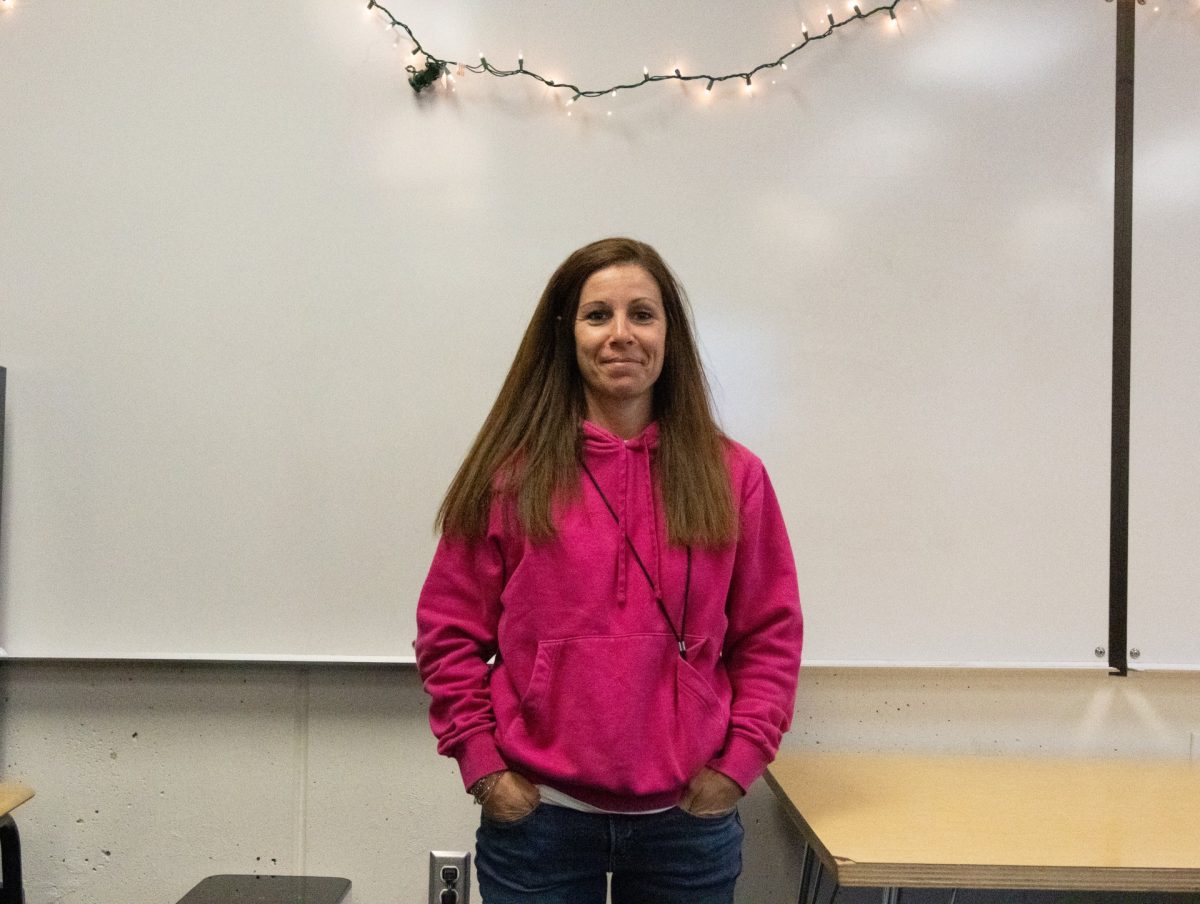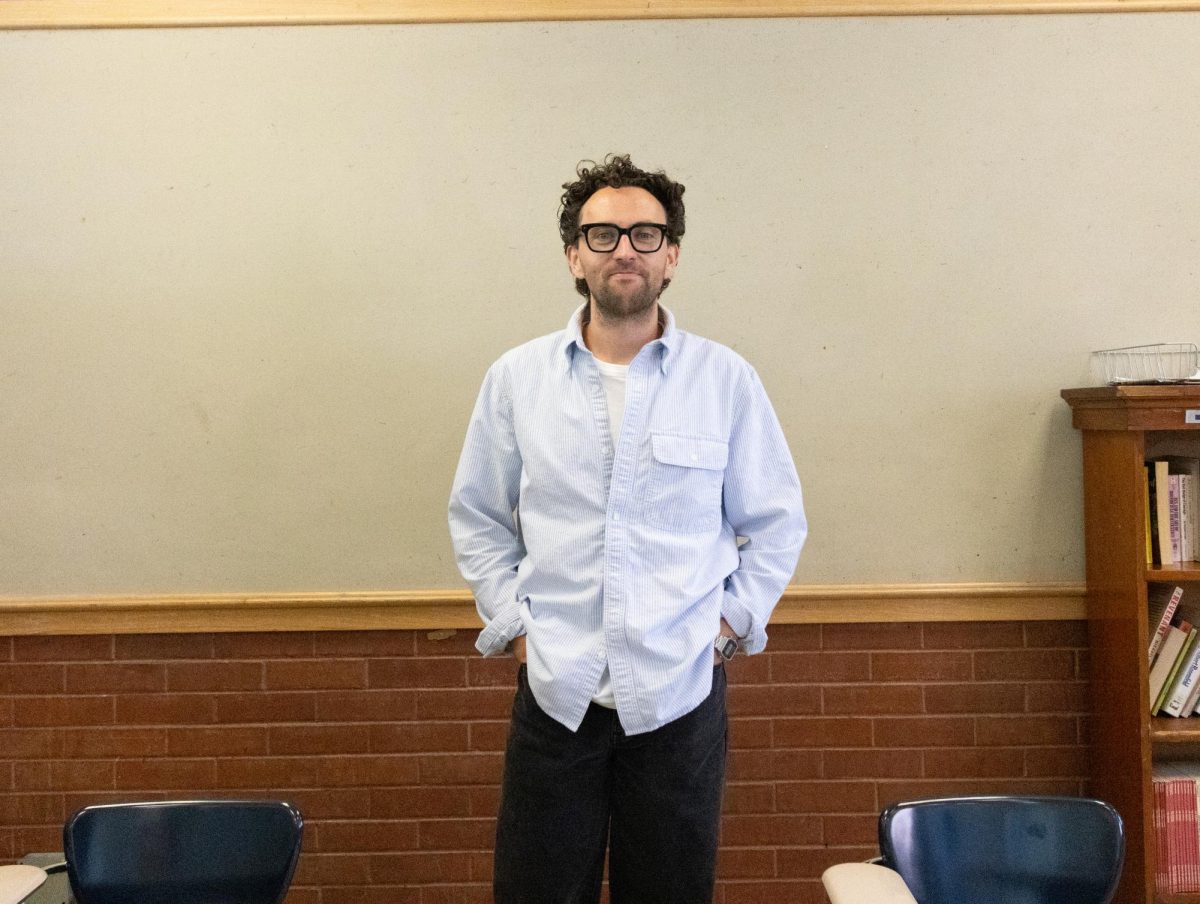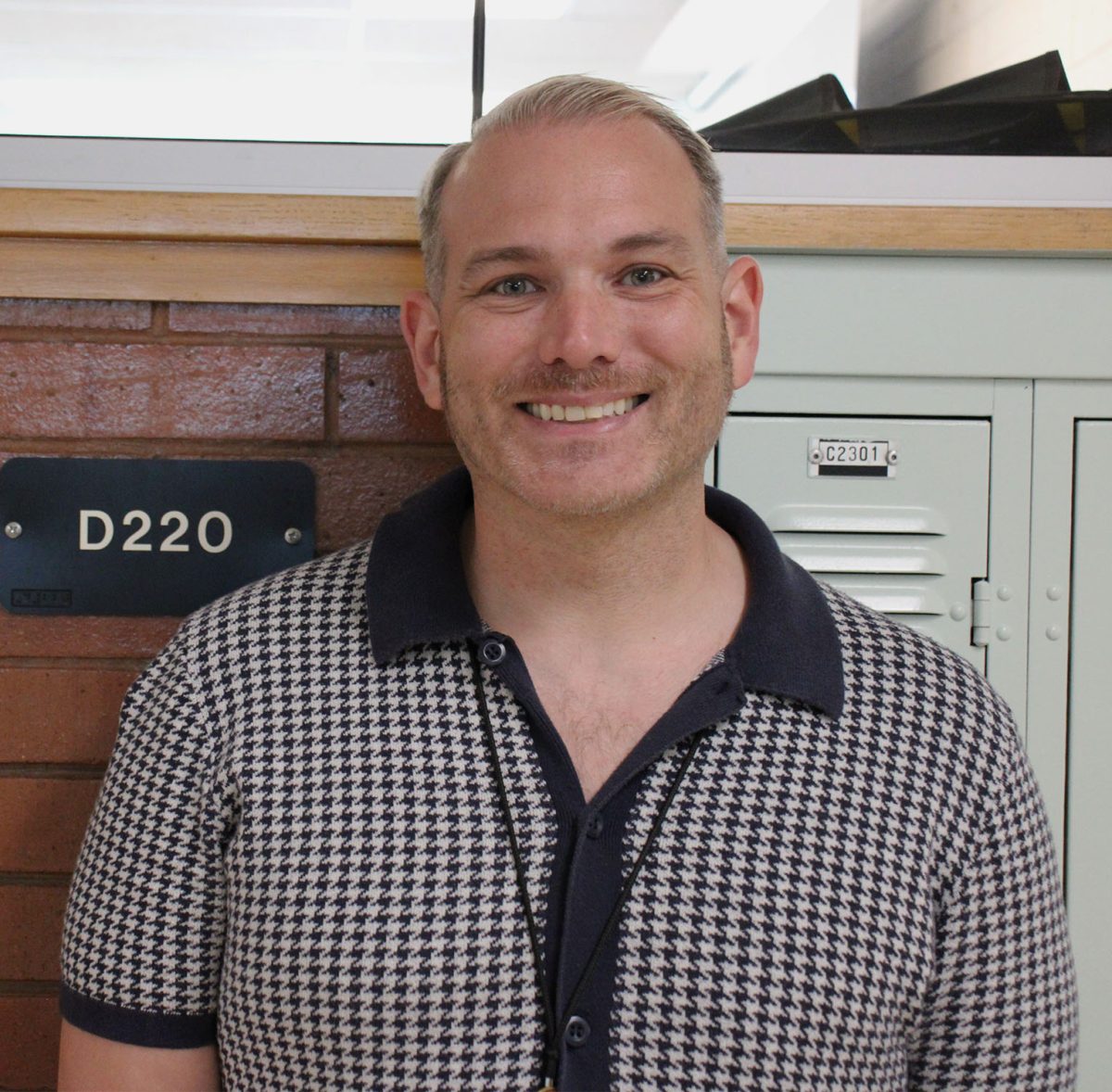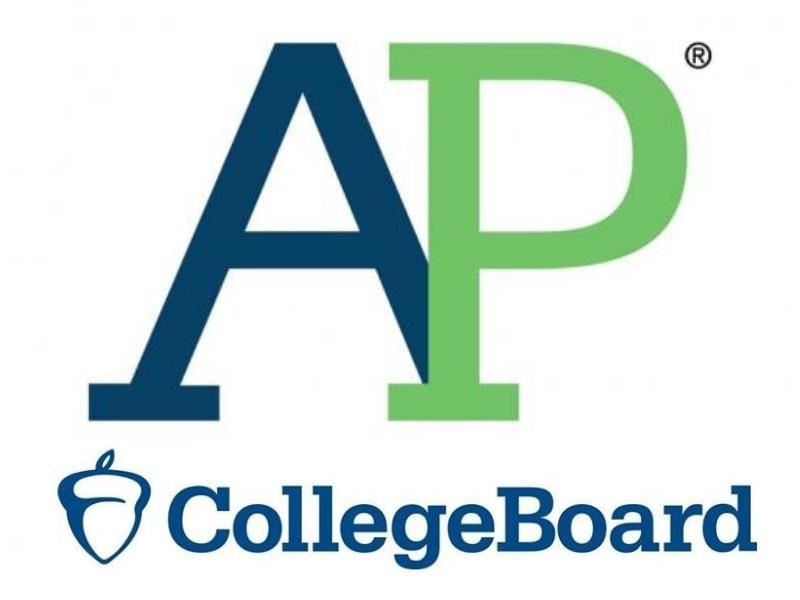Jenson Wants All Students To Benefit From AP
November 14, 2019
It comes as no surprise to many that Highland is one of the most diverse schools in the state of Utah. Highland also has an extremely broad offering of AP courses. Unfortunately, when it comes to test taking, minority students are not taking advantage of these opportunities as the caucasian population of the school. Principal Chris Jenson has looked deeply into the data and wants to take large steps into increasing minority participation in Advanced Placement.
“I think it’s very healthy for our school to know where we stand, and to actively encourage all students to challenge themselves,”Jenson said.
Jenson provided teachers with a summary of the data pertaining to what groups are most represented in AP testing.
While 63 percent of Highland students come from a while/Caucasian ethnic background, they take 83 percent of the AP tests. In contrast, African-American students make up 4 percent of Highland’s student body but take only 2 percent of the AP tests. Students of Latin-American origin make up 21 percent of the student population but take 9 percent of the AP tests. The breakdown for other ethnic minorities is similar.
Jenson believes this is most likely because lower income families often cannot, or do not think they can afford to pay the large fees that come with the AP tests. Although not a large percentage falls into this category, it still gives some students an unfair advantage over others. Students are being robbed of a chance to get college credit for their hard work. The daunting price of each AP test always looms over the head of AP students; this added pressure affects all AP students but it weighs even heavier on the minds of students who are already fighting to be able to pay for these tests.
Jenson wants students to know that regardless of their situation there is always a way to make AP tests more affordable. Highland has a fee waiver system that covers many school fees including classes, meals, and even AP tests. Although this reduction to the fee is significant, the cost of AP tests can still be daunting because some portion may not be covered. Many students see this cost as simply too much money to spend, even with the reduced price, but what many don’t know is that Highland has other programs and funds that can help cover the rest of the cost that the fee waiver does not.
“There is no financial barrier to AP. We will support students however we can,” Jenson said, “If a family still has a hard time to cover the reduced fee then we will kick in and help them out.”
AP teachers see is as an issue that goes beyond simply just the cost of the test. They think that culturally, minority students are not encouraged to take these higher level classes because they were raised in an environment that tells them they can not do it or that they shouldn’t try.
“In a working class family, their expectations in their home is not necessarily AP level so kids have to see them there and not be pushed by their parents,” AP teacher Kerrie Baughman said.





























